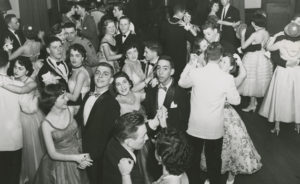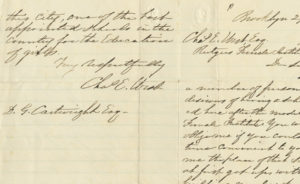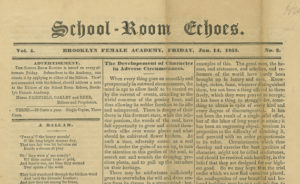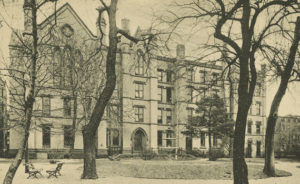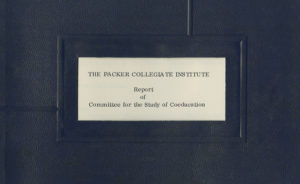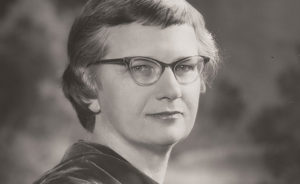Lucy Burns
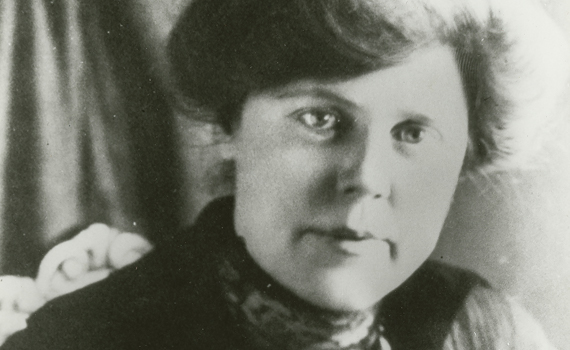
Lucy Burns was born in Brooklyn in 1879. She was one of eight children of Edward Burns, a prominent banker, and Ann Burns. Both Edward Burns and his wife believed in providing a quality education for their daughters, as well as for their sons, and all five Burns sisters attended The Packer Collegiate Institute.
Following her graduation from Packer in 1899, Burns completed an English degree at Vassar College before studying entomology for a year at Yale University. She then taught high school English for two years before traveling to Europe to pursue further studies, first in Germany, and then at Oxford University. In England, Burns met the well-known suffragist Emmeline Pankhurst. She quickly joined their militant suffrage movement. While in England, Burns also met Alice Paul, a fellow American suffragist.
Both Burns and Paul eventually returned to the United States, where they took the model of the British suffrage movement and applied it to the American political scene. From 1913 to 1918, they used these tactics to pursue the passing of a federal amendment granting women the right to vote. The two young suffragists initially worked with the long-established National American Women Suffrage Association. But their modern and radical tactics eventually caused a rift with the old guard. Burns and Paul went on to cofound the Congressional Union for Woman Suffrage, a precursor to the National Woman’s Party.
The Congressional Union for Woman’s Suffrage sought to influence state elections and push Democratic Party members, who typically opposed woman’s suffrage, out of the U.S. Congress. When President Woodrow Wilson, a Democrat, won reelection in 1916, Burns and Paul organized protests in front of the White House. Burns and Paul were eventually arrested. While imprisoned, both continued to protest, going as far as to lead hunger strikes. In response, both were subjected to painful force-feedings. A federal judge eventually overturned their prison sentences.
In 1920, the Nineteenth Amendment passed, granting women the right to vote. Burns retired from the suffrage movement. She spent the remainder of her life in Brooklyn, where she devoted her time to the Catholic Church and to her family, including helping to raise her niece after Burns’ sister died in childbirth. Lucy Burns died in Brooklyn in 1966.
